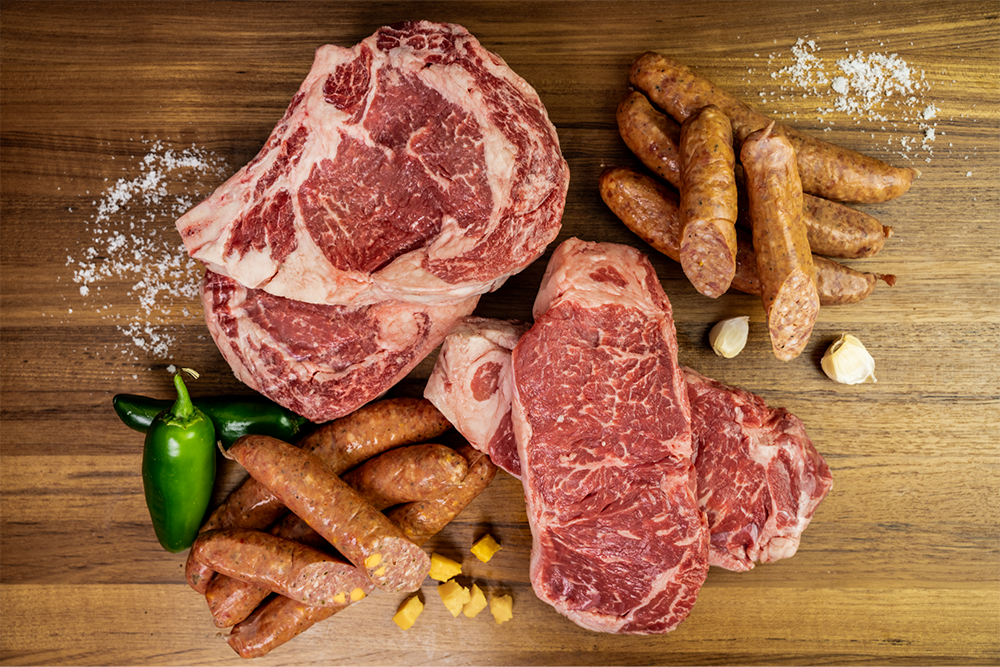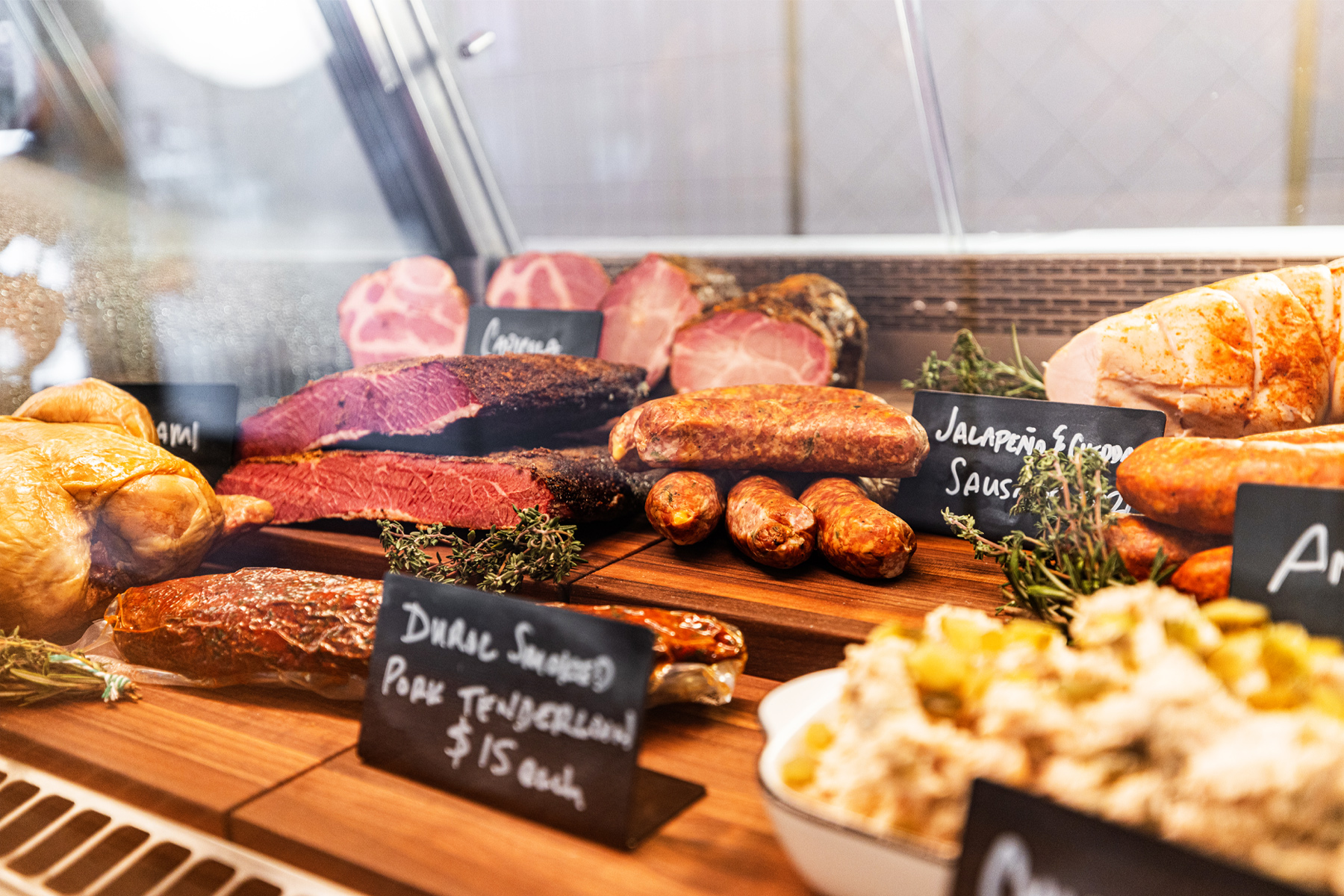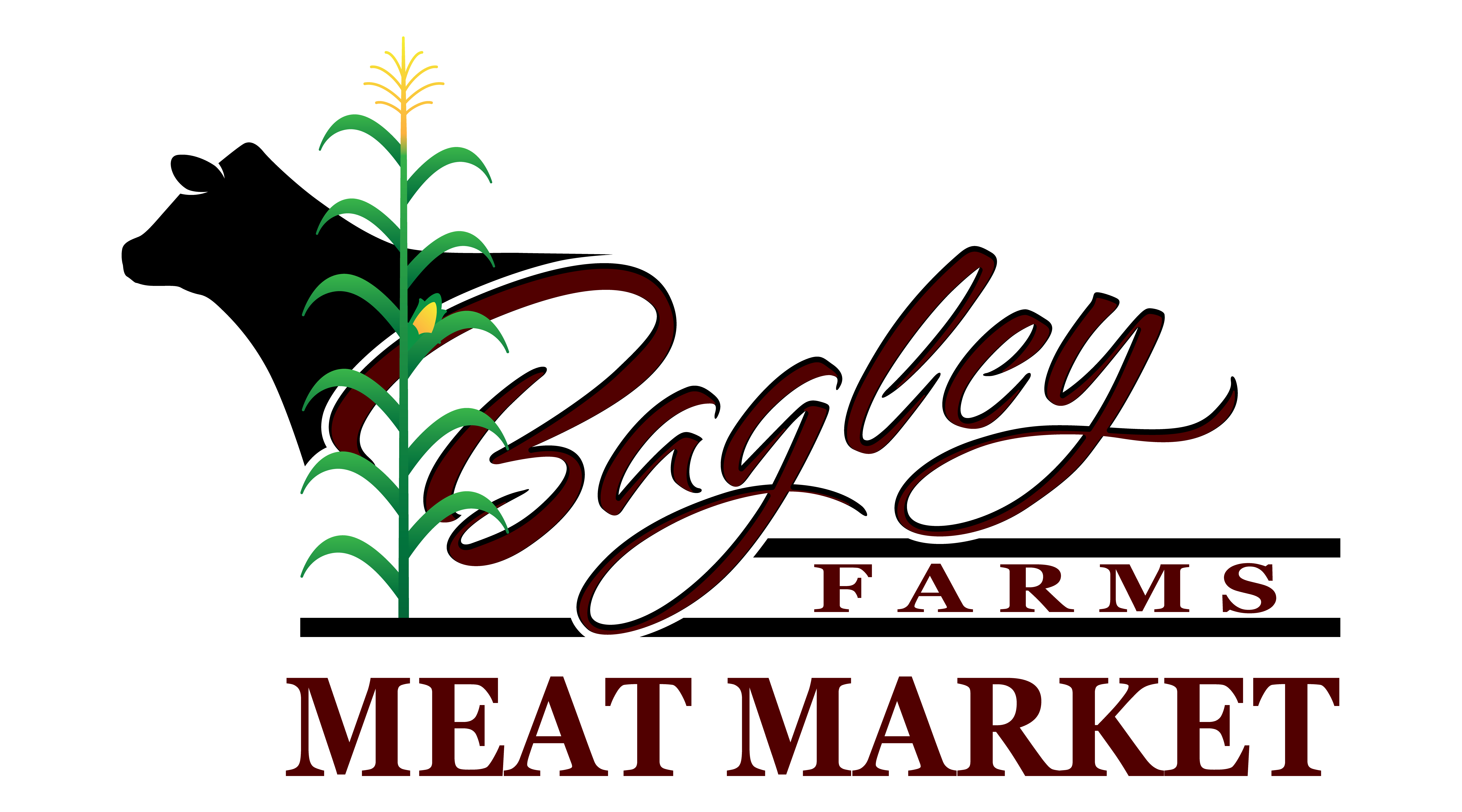Looking for Fresh Meats? Visit Bagley Meat Market Edwardsville IL for the Best Selection
Looking for Fresh Meats? Visit Bagley Meat Market Edwardsville IL for the Best Selection
Blog Article
Why Shopping at a Regional Meat Market Guarantees Fresh, High-Quality Cuts
Buying at a local meat market provides distinct advantages that often go unnoticed by customers accustomed to larger retail chains. The effects of picking neighborhood extend beyond instant benefits, triggering a more detailed exam of what this selection absolutely indicates for both customers and the neighborhood economic climate.
Benefits of Local Sourcing
In the world of food purchase, the advantages of neighborhood sourcing stick out prominently. By buying meat from regional markets, consumers obtain straight access to items that are usually fresher and extra delicious than those found in larger, commercial grocery stores. Local sourcing lowers the moment and distance food takes a trip from farm to table, which not only improves taste yet also preserves dietary worth.

Moreover, regional sourcing typically supplies openness regarding the origins of the meat. Customers can ask about the farming practices made use of, animal well-being criteria, and whether the meat is organic or grass-fed. This information empowers consumers to make educated decisions lined up with their worths.
Quality Assurance Requirements
Neighborhood meat markets usually abide by extensive top quality control criteria that make sure the products offered fulfill high security and freshness standards. These criteria commonly include numerous phases of the meat manufacturing process, from sourcing to managing and storage.
First, neighborhood markets often develop rigid provider criteria, ensuring that only respectable farms and manufacturers are made use of - bagley meat market edwardsville il. This minimizes the probability of contamination and advertises higher pet welfare criteria. In addition, many neighborhood meat markets execute normal examinations to confirm that the meat is refined under hygienic conditions, further decreasing health risks
Temperature level control is another crucial aspect of quality control. Local meat markets often check refrigeration systems to keep ideal storage temperatures, making certain that meat continues to be risk-free and fresh for usage. In addition, the application of traceability systems permits markets to track the beginning of their products, providing transparency and liability.
Finally, team at neighborhood meat markets are often educated to recognize indicators of spoilage and comprehend correct handling techniques. This dedication to quality assurance not just elevates the overall standard of the meat yet likewise cultivates consumer count on, making regional meat markets a trustworthy resource for premium cuts.
Supporting Regional Farmers
Sustaining regional farmers is essential for fostering a sustainable food system and improving neighborhood resilience. They directly add to the incomes of farmers in their region when consumers choose to go shopping at neighborhood meat markets. This not just sustains the neighborhood economy yet additionally enhances the farming market, making sure that it continues to be dynamic and practical.


In addition, supporting local farmers promotes a feeling of area and link in between customers and manufacturers. It urges transparency in food sourcing and instills trust fund, as customers can develop relationships with the individuals who elevate their food. This direct connection ultimately results in a much more involved and informed public, which is critical for promoting for sustainable agricultural practices in the future.
Sustainable Practices
Sustainable practices in meat markets play a crucial function in promoting environmental stewardship and guaranteeing pet well-being. Regional meat markets typically prioritize sourcing their products from farms that implement sustainable and honest farming techniques. These methods include rotational grazing, which helps preserve soil health and wellness and lowers carbon exhausts, along with lessening the use of prescription antibiotics and hormones in livestock.
Furthermore, local meat markets generally emphasize transparency in their supply chains. Customers are supplied with information pertaining to the beginning of their meat, enabling them to make informed selections that line up with their worths. By supporting local farmers that practice lasting techniques, consumers add to the preservation of biodiversity and the decrease of transportation exhausts connected with long-distance meat distribution.
Furthermore, several regional meat markets engage in waste decrease methods, such as using every component of the pet and advertising off-cuts that may otherwise go unsold. click here for more By cultivating a much more lasting approach to meat usage, these markets not only give premium items but likewise add positively to the atmosphere and pet welfare. Basically, shopping at a neighborhood meat market lines up customers with a wider activity towards honest and accountable food sourcing.
Individualized Client Service
Shopping at a meat market typically incorporates greater than just the products provided; it is additionally about the experience and the connections developed in between clients and staff. Customized customer care is a hallmark of regional meat markets, setting them apart from larger grocery store chains. Knowledgeable staff make the effort to recognize individual customer preferences, making sure that each browse through is tailored to details needs.
Consumers benefit from expert suggestions on cuts, cooking techniques, and prep work suggestions, promoting a sense of depend on and loyalty. This tailored interaction permits clients to ask inquiries and look for recommendations, leading to educated purchasing decisions. Team participants often bear in mind routine clients and their preferences, creating a welcoming environment that cultivates area connections.
In addition, individualized solution encompasses special demands, such as custom-made cuts or specific prep work techniques, which larger retailers may not fit. This level of focus reinforces the commitment of local meat markets to top quality and consumer contentment.
Essentially, individualized customer care not just enhances the purchasing experience but additionally guarantees that clients entrust the most effective items fit to their culinary demands, making every see a fulfilling one.
Final Thought
Finally, shopping at a neighborhood meat market supplies countless advantages, consisting of superior quality and top quality due to decreased travel times. Rigorous quality assurance procedures enhance openness and guarantee high criteria for items. Sustaining neighborhood farmers fosters community connections and reinforces my site the neighborhood economic climate, while lasting techniques add to environmental stewardship. Additionally, individualized customer care boosts the purchasing experience, making neighborhood meat markets a favored choice for consumers looking for both top quality and moral factors to consider in their food sourcing.
The implications of picking neighborhood expand beyond immediate benefits, triggering a closer assessment of what this selection absolutely suggests for both customers and the neighborhood economic climate.
Sustaining regional meat markets also adds to the regional economic situation. Neighborhood meat markets often keep track of refrigeration systems to maintain optimal storage temperature levels, guaranteeing that meat remains secure and fresh for intake.Neighborhood farmers are frequently much more attuned to the details requirements of their areas, elevating and growing crops animals that line up with local preferences and preferences. Sustaining regional farmers fosters neighborhood relationships and strengthens the regional economy, while lasting practices add to environmental stewardship.
Report this page